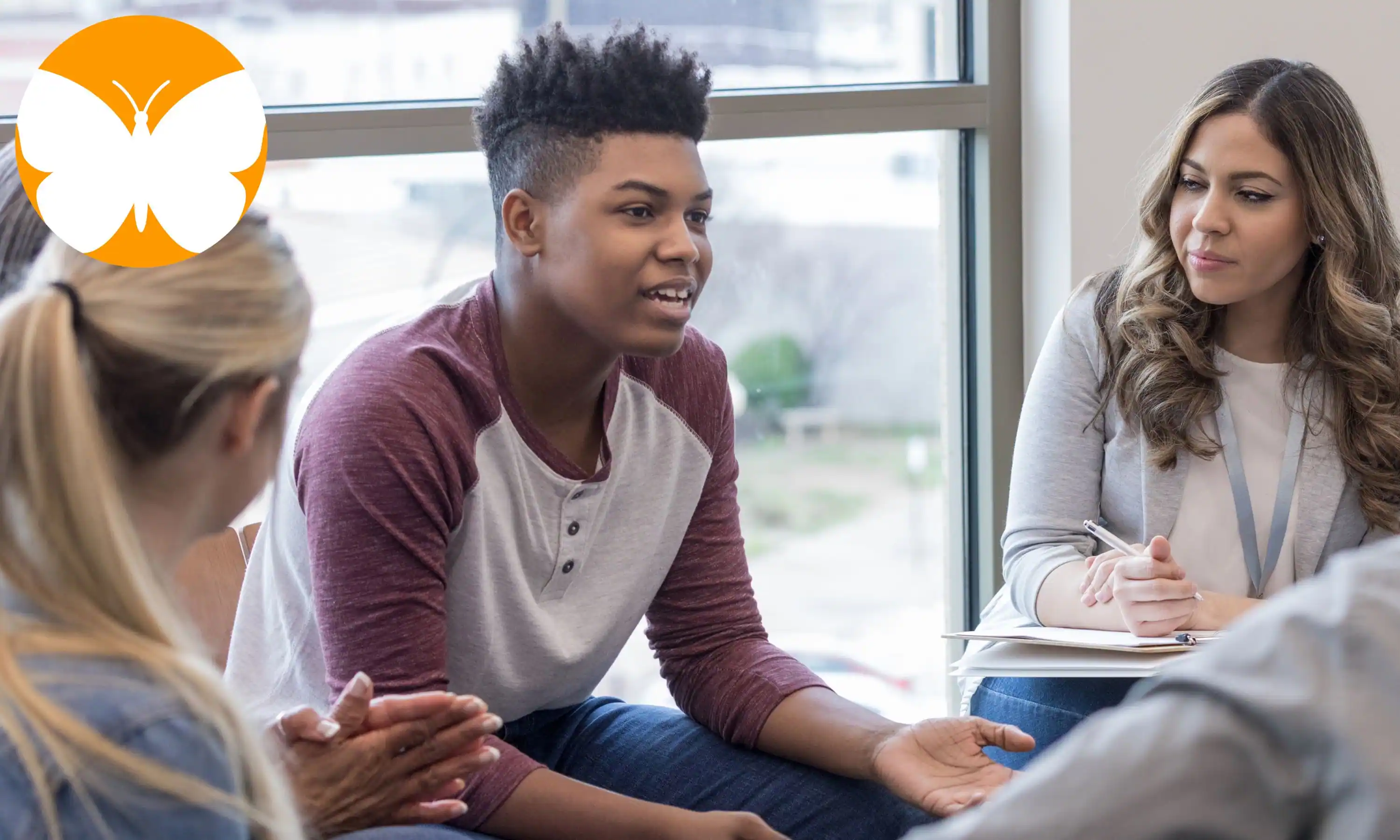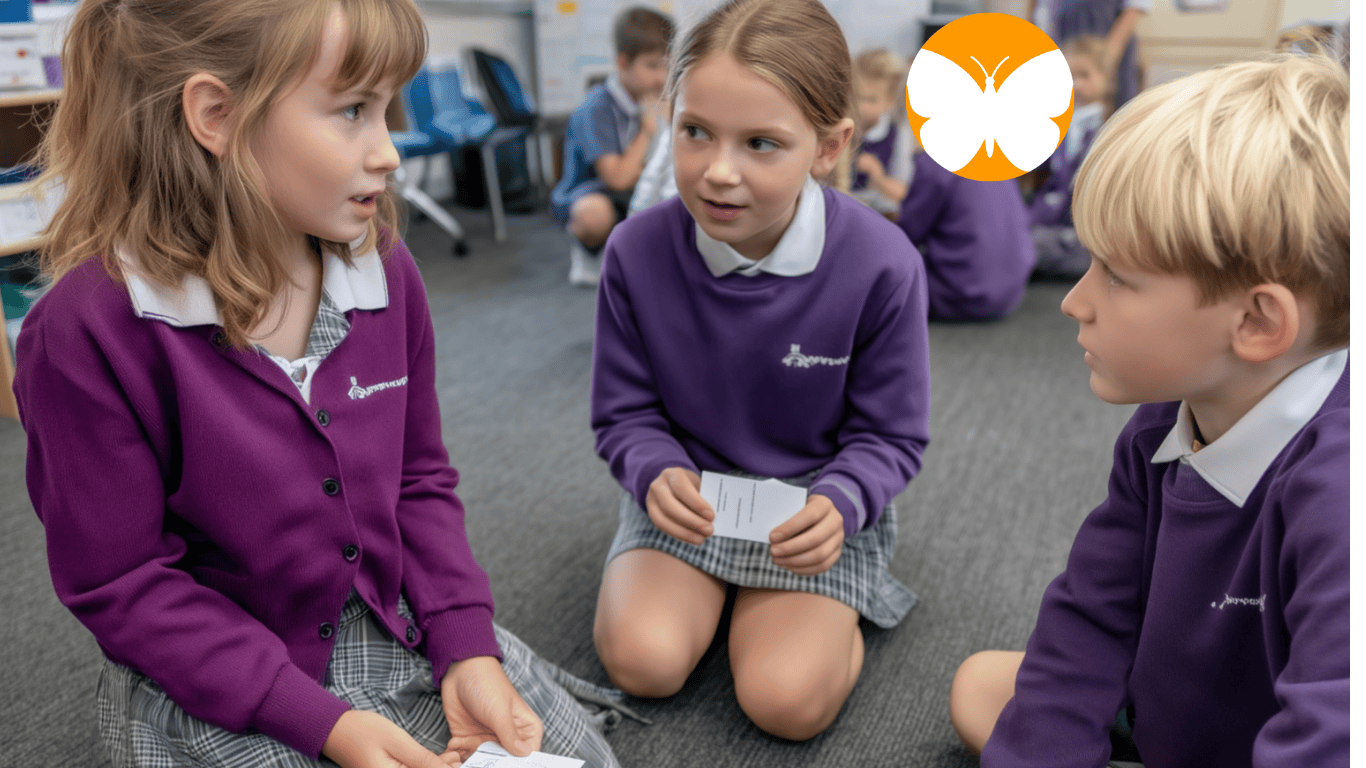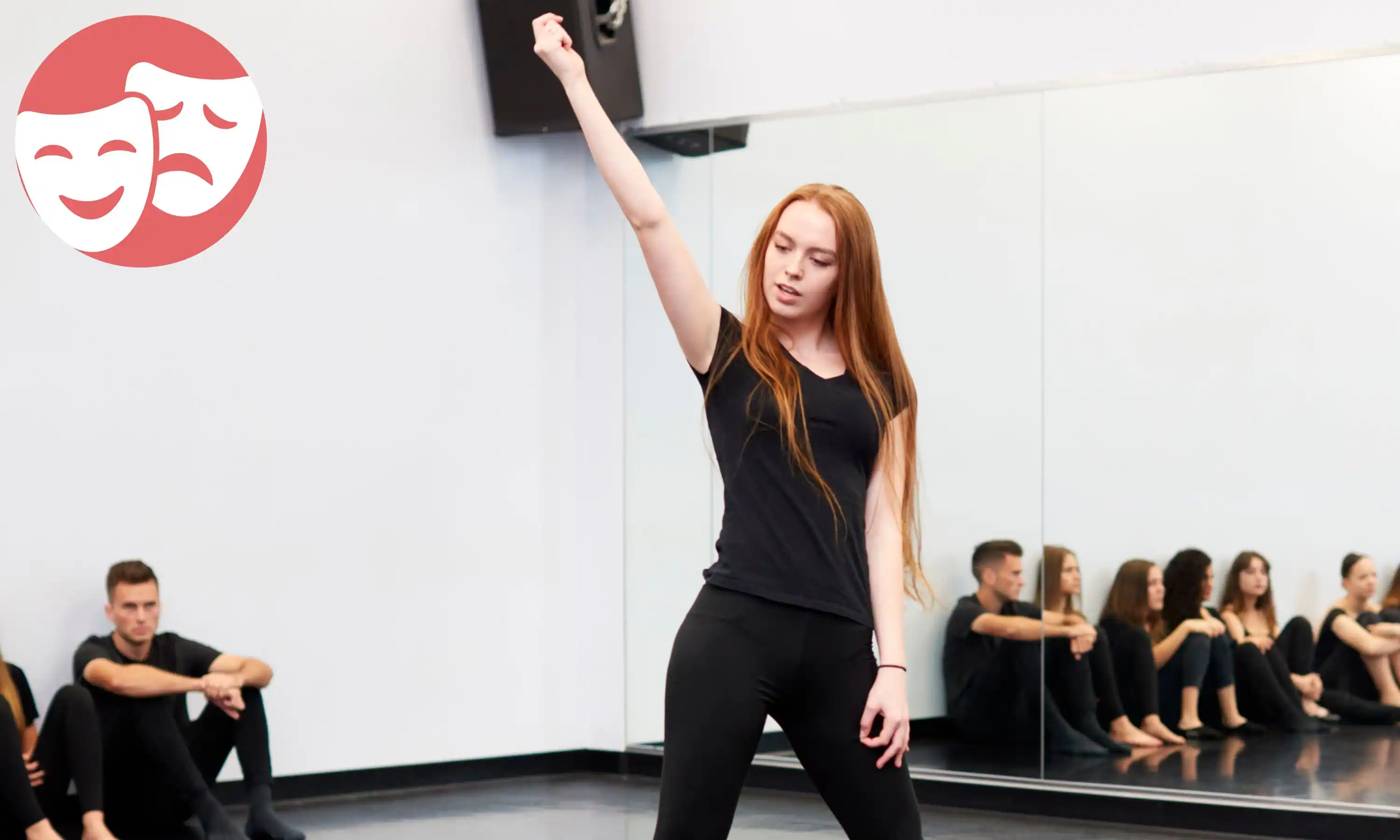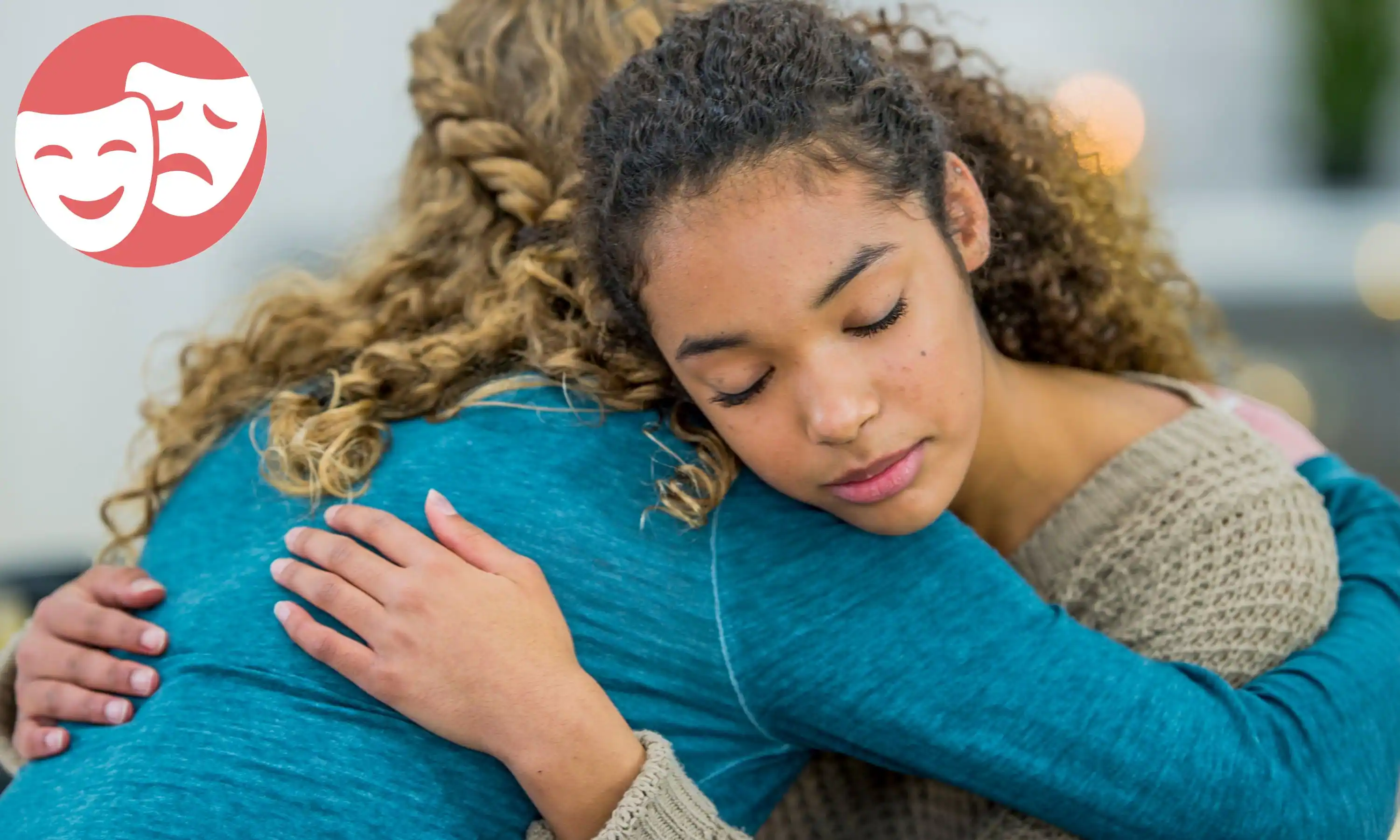Make Sure Your Child Feels
Seen and Heard
Equip them with communication tools to
express feelings and build trust.
Being Heard and Understood
Designed with educators, backed by psychology, and
easy to integrate into your school’s
routine.

Plan Objectives
 Enhancing Communication Skills
Enhancing Communication Skills
Teach children how to express themselves clearly and effectively.
 Building Empathy
Building Empathy
Help children understand and respect different perspectives.
 Boosting Self-Confidence
Boosting Self-Confidence
Encourage children to trust their voice and opinions.
 Developing Emotional Awareness
Developing Emotional Awareness
Support children in recognizing their emotions and expressing them constructively.
Why This Plan?
This plan addresses the following challenges by developing targeted skills

My child is unaware of their own emotions

My child does not care about others’ perspectives

My child considers all feedback to be negative

My child makes excuses for their behavior
My child is unaware of their own emotions
How This Plan Helps
Teaches children to identify and express their emotions clearly.
Skill: Self-Awareness
Course: Exploring You: A Journey to Self-Awareness
My child does not care about others’ perspectives
How This Plan Helps
Helps children recognize and respect different viewpoints.
Skill: Empathy
Course: Cultivating Empathy
My child considers all feedback to be negative
How This Plan Helps
Encourages children to process feedback constructively without self-doubt.
Skill: Self-Confidence
Course: Confident You: Believe in Yourself
My child makes excuses for their behavior
How This Plan Helps
Teaches children how to take responsibility for their actions and communicate openly.
Skill: Effective Communication
Course: Communication Foundations
01Expressing Feelings in Conversations
Teaches children how to communicate their emotions clearly and assertively.
02Understanding Others' Perspectives
Encourages children to consider the feelings and opinions of others in conversations.
03Responding to Feedback with Confidence
Helps children develop a growth mindset and accept feedback constructively.
04Recognizing and Expressing Emotions
Supports children in identifying their emotions and articulating them effectively.
Real-Life Applications
How this plan's skills apply to real-world scenarios for everyday success
Courses Included


Communication Foundations
Social
Effective Communication
Course Details:
Modules: 4 |
Lessons: 32
Effective Communication: Develop communication skills across multiple mediums for clearer interactions.
Active Listening: Enhance active listening and empathetic communication for better understanding.


Cultivating Empathy
Social
Empathy
Course Details:
Modules: 4 |
Lessons: 32
Empathy Development: Develop empathy by understanding and responding to others' emotions and views.
Communication Skills: Enhance skills with active and empathetic listening techniques.


Confident You: Believe in Yourself
Emotional
Self-Confidence
Course Details:
Modules: 4 |
Lessons: 33
Discover Self-Belief: Understand how confidence transforms growth and relationships.
Master Positive Self-Talk: Replace self-doubt with empowering inner dialogue daily.


Exploring You: A Journey to Self-Awareness
Emotional
Self-Awareness
Course Details:
Modules: 4 |
Lessons: 32
Emotional Intelligence: Recognize and manage emotions to improve mental well-being.
Self-Awareness: Understand how personal values influence decision-making.
Meet the Course Creators

Ashley Valentine
Communication Foundations
Ashley Valentine
Communication Foundations
Ashley Valentine is an energetic and creative teacher from the United States who has committed her career to facilitating engaging and unique experiences for learners. She has presented at technology conferences, attended international learning summits, and is deeply passionate about ensuring that learning is both fun and meaningful. She has incorporated escape rooms, social media, experiential learning models, and hands-on techniques to engage Generation Z and prepare for Generation Alpha. An avid learner herself, Ashley holds two degrees in education and engages regularly in professional development so that she can build upon strategies and be responsive to student needs.

Mandy Mahr
Cultivating Empathy
Mandy Mahr
Cultivating Empathy
Mandy Mahr is a Masters Level educator who served in public schools in the United States for 15 years before becoming an online tutor to schools with at-risk students, providing social emotional support as well as skill recovery in reading and writing. She is also a consultant for content creation to provide guidance to organizations wanting to engage and employ GenZ. With the technological advances the world has seen in just the last twenty years, it is her goal to train learners to be ready for jobs that don't exist yet. She is passionate about helping learners develop social emotional skills before reaching the workforce.

Dr. Lisabeth Medlock
Confident You: Believe in Yourself
Dr. Lisabeth Medlock
Confident You: Believe in Yourself
Dr. Medlock is a psychologist, ICF and Board Certified Coach and consultant with a mission to help people and organizations do better and be better. She serves as an advocate, solutions finder, change agent, and resource. For 30 years she has worked with public and nonprofit organizations, beginning in middle schools developing self-competence and conflict resolution programs. She has worked with over 100 organizations to improve their impact on the people and communities they serve. She has been a blogger for the Huffington Post, a TEDx speaker, an author, and has developed myriad curricula, training manuals, and self-help booklets.

Dr. Kymberli Barker
Exploring You: A Journey to Self-Awareness
Dr. Kymberli Barker
Exploring You: A Journey to Self-Awareness
Dr. Barker is the mother of two fantastic young men, and they are her priority in life. She holds degrees in biochemistry, math, forensics, and psychology. She is a consultant and a professor at multiple colleges, including the Citadel, and Johns Hopkins Center for Talented Youth. She spent fifteen years in public education, prior. Her personal focus is child advocacy and she developed the Guardian ad Litem/(GAL)/CASA program for the Eastern Band of Cherokee Indians. She is tribally and state sworn as a GAL. Her favorite thing is being a mom.
Sample Lesson Preview 
Communication Foundations
Setting Goals
Planning Ahead
It's important to make plans related to personal growth as a communicator.
That's why it's important to use all experiences to grow and learn. This means that sometimes people have to get out of their own comfort zone in order to learn.
All people, including children and adults, must work continuously to strengthen their verbal and nonverbal communication, active listening skills, written expression, and online communication.
Sample Lesson Preview 
Cultivating Empathy
Learning Sympathy
Learning to Show Sympathy
James is a kind kid, but sometimes he doesn't show sympathy, probably because he doesn't know what it means yet! In this section James will interact with his brother, Miles, his parents, and his friend Corrie to learn what it means to be sympathetic towards others.
Learning to show sympathy in your relationships can help build trust and strengthen your connection.
If you are like James and you aren’t sure what sympathy is, this scene will help you!
Sample Lesson Preview 
Confident You: Believe in Yourself
What is Self Confidence?
Definition of Self-Confidence
Let’s talk about what self-confidence means.
Self-confidence is something you can’t touch, but it affects how you feel. You can’t see it, but it is there when you look in the mirror. You can’t hear it, but it is there every time you talk about yourself.
Self-confidence is feeling good about yourself and knowing you are a likable, capable person.
I am sure self-confidence is a word you have heard and maybe you even know how to tell if people are confident. In this module, you will learn about self-confidence and self-esteem and how to identify both good and poor confidence and esteem. Remember, you can improve your self-confidence.
Sample Lesson Preview 
Exploring You: A Journey to Self-Awareness
Thinking about Thinking
Thinking About Thinking
-
Self Awareness involves recognizing aspects of who you are as a person. This includes what you think and feel, how you react, and importantly, why.
-
A good practice in developing self-awareness is focusing on your thoughts. What are you thinking? When do you have certain thoughts? Why do you have these thoughts? Are they productive or harmful?
-
We will begin with thinking about thinking. Our brains are the greatest supercomputers ever created. We have so many thoughts and we process them so quickly we are often unaware of their existence.
-
By learning to think about thinking we begin to focus on our thought life, which ultimately becomes our real life.
